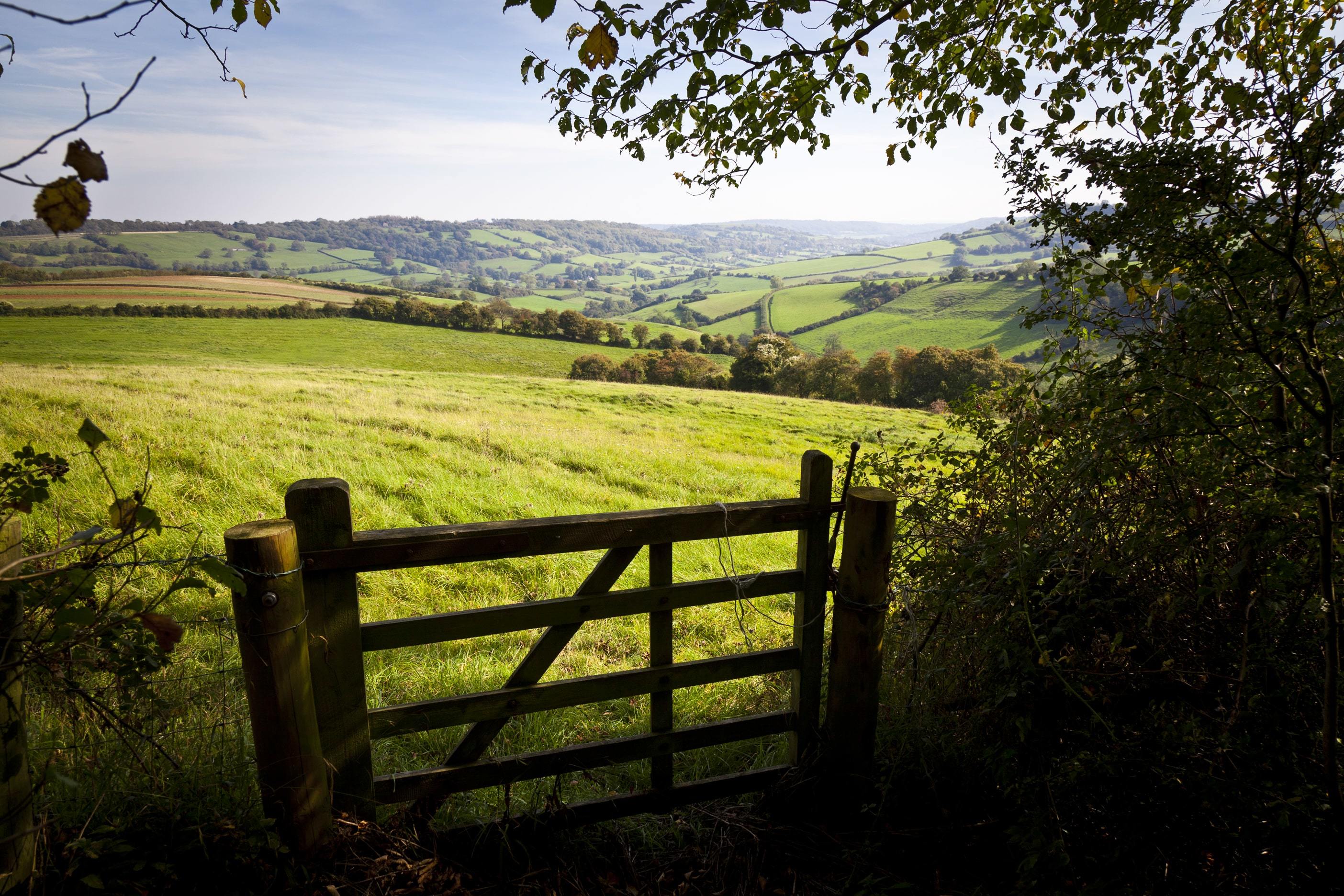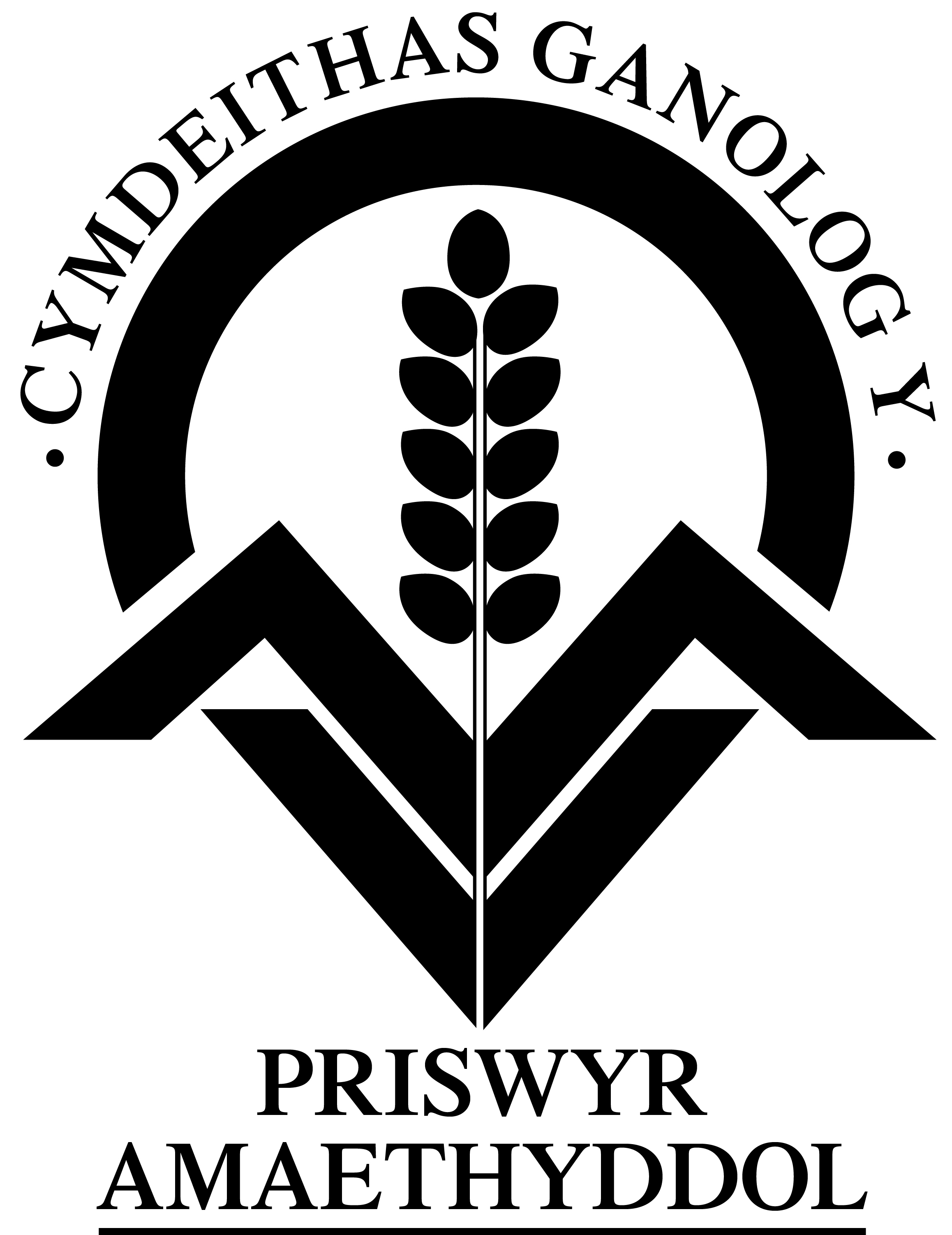Wales

Welsh agriculture is overwhelmingly based on livestock and livestock products with a large sheep sector, much of it in the Less Favoured Areas that form much of Wales. Wales has a significant number of dairy farms, especially in its south western counties, and a large beef herd. While the arable and horticultural sectors are small, potatoes and similar crops are grown, notably in Pembrokeshire.
Typically operating as small family farms, those in parts of west and north western Wales have been a stronghold for the Welsh language. With about 30 per cent of farmland tenanted and the same land law as England, devolution has now transferred tenancy law to Wales. As yet, no substantive changes have been made to the statutes inherited on devolution.
Wales is planning that, after Brexit, it will replace the EU’s Basic Payment Scheme of direct area payments to farmers with a Sustainable Farming Scheme, based on contracts using the public money then available to buy environmental benefits and other public goods from land management and to improve productivity.
The CAAV in Wales

With three CAAV local associations covering Wales, the CAAV matched legislative devolution to Wales with a Wales Committee for Welsh business, considering responses to consultations from the Welsh Government and issues for members in Wales. The Committee’s chairman is automatically a member of the CAAV’s Council, reporting to each meeting on Welsh matters.
A briefing conference for Welsh professionals is held in Llandrindod every February to cover topical and developing issues.
As the Senedd reviews legislation on matters from agricultural tenancies to planning law, so the Wales Committee considers them and the CAAV Secretariat briefs members on the website and through the Welsh sections of the News Letter and the Handbook.
As well as regular contact with the Welsh Government and farming and professional bodies, the CAAV President visits the Royal Welsh Show every year to discuss issues with other bodies.
Publications
With specifically Welsh legislation now enacted on residential tenancies, the CAAV prepared and issued its publication, The Letting and Management of Residential Property in Wales.
Development control for rural housing is covered in the CAAV publication, Rural Workers’ Dwellings – Planning Control in the United Kingdom.
Model agricultural tenancy agreements and a grazing licence are drafted for members’ use in Wales.
Under Welsh legislation, the CAAV can be asked by the Welsh Government to nominate valuers for disputed TB valuations.
CAAV Organisation
The Chairman and Secretary of the CAAV Wales Committee are:
- Chairman: Richard Williams
- Secretary: Gary Owen.
The CAAV’s local associations covering Wales are:
- South Wales and Monmouthshire
- North Wales
- Shropshire and Montgomeryshire
while cross-border agricultural and professional work sees some Welsh members belong to the Hereford and Worcester or Cheshire associations. Each runs its own events for members, including an annual meeting and professional meetings.
The Wales Committee runs an annual tutorial at Aberystwyth while Wales and the West Midlands form one examination centre.
The CAAV’s national Presidents from Wales have been:

- Sir Illtyd Thomas from Cardiff, former Lord Mayor who gave the CAAV its first Presidential jewel and prompted the adoption of its motto
- Trevor Davies from Pontllanfraith
- John Rennie from Monmouth
- Bob Jones from Carmarthen
- Andrew Thomas from Cowbridge